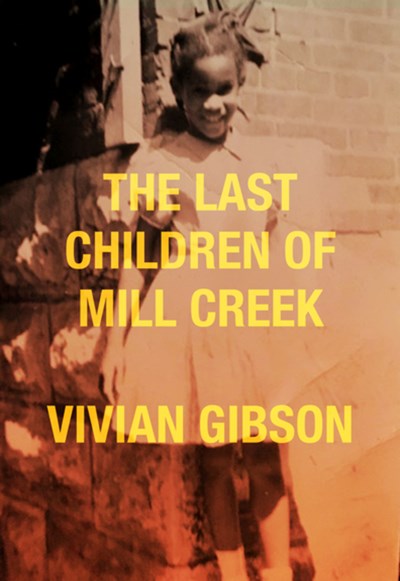The Last Children of Mill Creek is a critical addition to our understanding and preservation of the people who once lived in the thriving community that was annihilated by city leaders beginning 70 years ago.―Chris Naffziger, St. Louis Magazine
A spare, elegant jewel of a work. ... The reader hears in it echoes of Zora Neale Hurston's rich, sensuous descriptions of rural Black culture in Their Eyes Were Watching God. At other times, Gibson's prose channels Gwendolyn Brooks's quiet attentiveness to the beauty and texture of everyday life in Maud Martha. But the book doesn't fit neatly into any of the more predictable plot formulas that white audiences have come to expect in Black coming-of-age narratives: that is, stories where Blackness is primarily defined by its confrontation (and possible reconciliation) with whiteness.The Last Children of Mill Creek is joyful, nostalgic, mischievous ― a love letter to Gibson's childhood. It contains nary a white character. It is more Speak, Memory than I Know Why the Caged Bird Sings; more The Secret Garden than The Autobiography of Malcolm X. Gibson's guiding literary topos is Black childhood as idyll.―Ellen Wayland-Smith in The Los Angeles Review of Books
Book of the Year ... Vivid, unpretentious, loaded with resonant detail.―John Williams, First Things
By declining to add layers of explicit retrospective analysis, [Gibson] makes her childhood world strikingly immediate, and the book's narrative structure reinforces the impression that you have been directly plunged into her memory.―Megan Marz, Times Literary Supplement
Gibson's memoir deals with coming of age, loss, the illusory quality of memory, race, and much more in a digestible 160-page package that one could tear through on a single weekend afternoon. It's written with a kind of literary efficiency, spare but descriptive, which leaves you feeling captivated and close to the momentum of the narrative.―Evan Wood, Missouri Life
Gibson's words on paper are somehow both overdue and perfectly timed. Her perspective and stories about Mill Creek are a gentle―but firm―reminder of what exactly is lost during the slow march towards progress. It is Gibson's intimate recounting of her parents, brothers, grandmother, and other neighbors that bring Mill Creek not back to life, but into focus, showing us that neighborhoods might disappear, but people do not. Last Children of Mill Creek is not just a memoir, it's a window into a place, time, and community that St. Louis' establishment might otherwise have you forget―written with the familiarity, warmth, and love characteristic of an author who's only just getting started.―Ryan Schuessler, editor of The St. Louis Anthology

